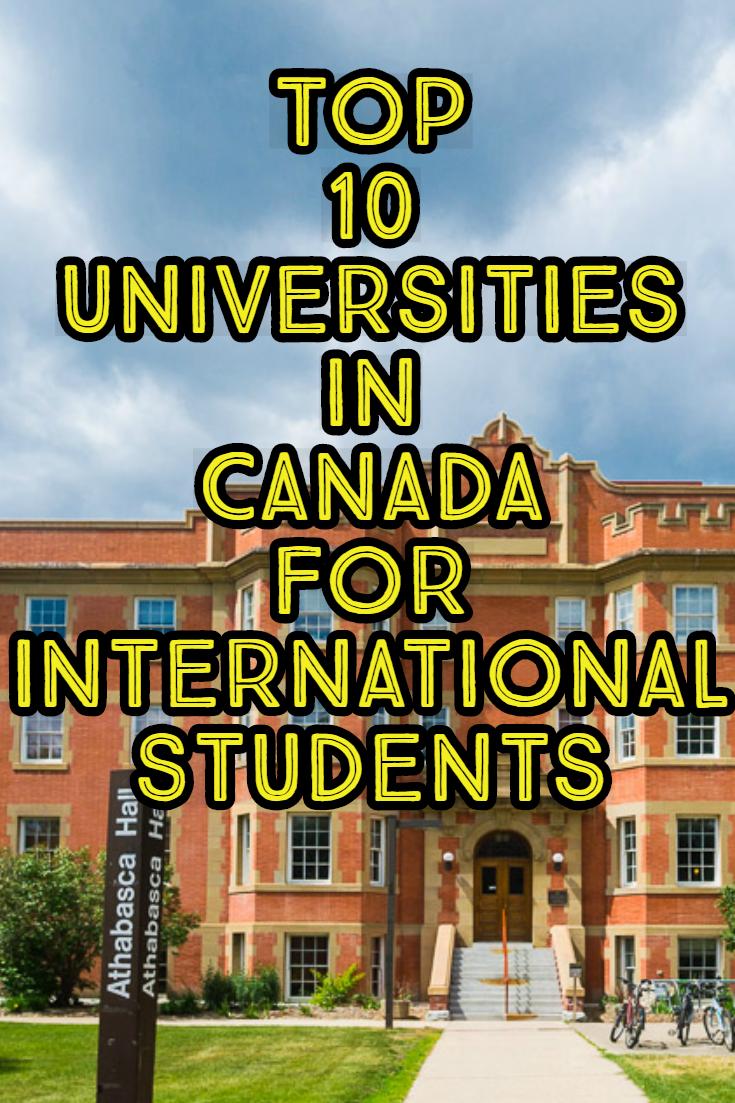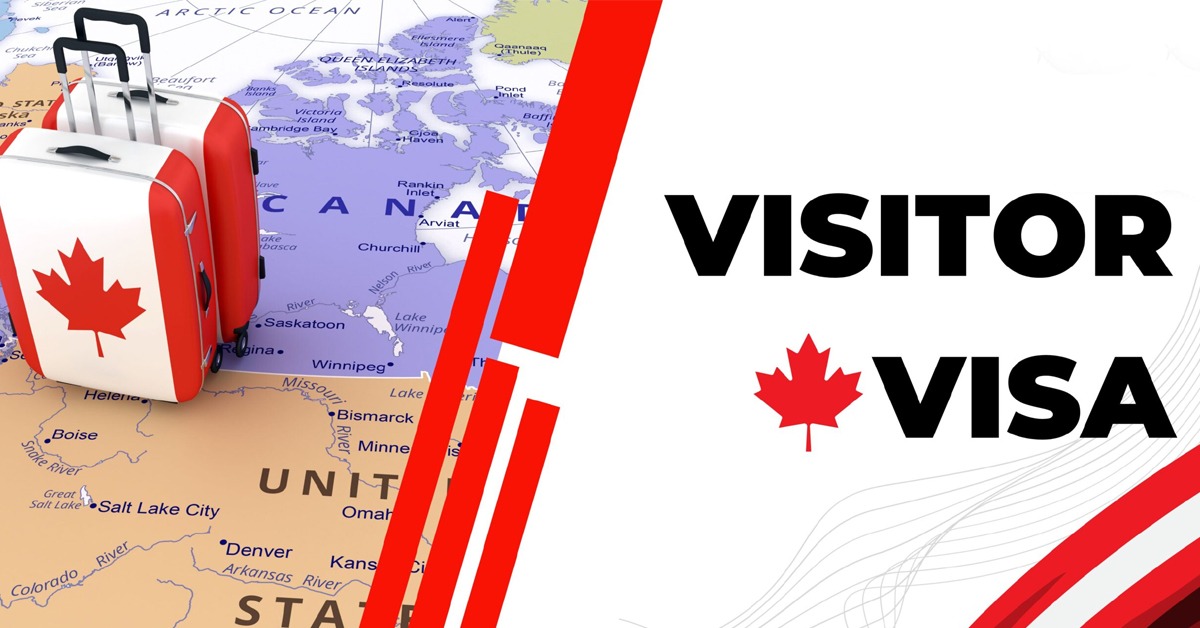Advertisement
Securing Admission Into Canada Schools as an international student involves careful planning and attention to detail. I believe a step-by-step approach is essential not only to meet all requirements but also to improve your chances of acceptance. From researching institutions and understanding admission criteria to preparing necessary documents, applying for study permits, and arranging finances, each step plays a vital role in shaping your journey.
Let me guide you through the key stages of the admission process and provide a clear, practical overview of how to successfully gain admission into a Canadian school as an international student.
Advertisement
Research and Choose Institutions
Start by researching universities or colleges that align with your academic goals, career plans, and lifestyle preferences. Consider program rankings, faculty expertise, location, tuition fees, scholarships, and student support services. Read reviews, join forums, and attend virtual tours or open days to gain insights from current students. Use official websites for accurate information on application deadlines, course structures, and living arrangements.

Compare several institutions before making a final decision. Choosing the right institution can greatly influence your academic success and overall experience. Invest time in thorough research to ensure you select a school that meets your personal and professional goals.
Considerations:
- Programs Offered: Explore universities or colleges offering your desired field of study.
- Location and Campus Environment: Consider preferences for city life, rural settings, or specific provinces.
- Accreditation and Rankings: Look for accredited institutions and consider their global rankings.
Read: Live Q&A with Experts: Everything You Need to Know About Working in Canada
Understand Admission Requirements
Before applying, it’s crucial to understand each institution’s admission requirements. These may include academic qualifications, language proficiency scores (like IELTS or TOEFL), entrance exams, and prerequisite courses. Review program-specific criteria on the official websites and take note of important deadlines. Some programs may also require portfolios, interviews, or work experience.
Meeting the minimum requirement doesn’t guarantee admission, so aim to exceed them when possible. Reach out to admissions advisors if anything is unclear. Understanding the requirements ensures you submit a complete application and improves your chances of acceptance. It also helps you avoid costly mistakes or missed opportunities.
Common Requirements:
- Academic Qualifications: Ensure you meet the minimum academic requirements for the chosen program.
- English or French Language Proficiency: Take language proficiency tests like IELTS, TOEFL, or DELF/DALF for French programs.
- Additional Tests or Pre-requisites: Some programs may require specific tests (e.g., SAT, GRE) or prerequisites (e.g., portfolios for arts programs).
Prepare Necessary Documents
Organizing your documents is a key step in the application process. Common requirements include academic transcripts, test scores, passports, personal statements, and recommendation letters. Ensure documents are up-to-date, translated if necessary, and meet formatting guidelines. Keep digital and physical copies securely stored and easily accessible.
Check specific requirements for each institution or country some may need financial proof or medical certificates. Having your documents ready early helps you apply without delay and respond quickly to additional requests. Proper documentation not only supports your application but also facilitates visa processes and enrollment after admission is granted. Preparation ensures a smooth transition.
Typical Documents:
- Academic Transcripts: Provide certified copies of high school or previous academic transcripts.
- Standardized Test Scores: Submit scores from required exams.
- Letters of Recommendation: Obtain letters from teachers, professors, or employers if needed.
- Statement of Purpose or Essays: Write a compelling statement outlining your goals and reasons for choosing the program.
Apply to Institutions
Applying to institutions begins with shortlisting programs that match your academic goals and interests. Consider location, tuition costs, faculty, and campus facilities. Visit official websites to learn about the application process, required documents, and deadlines. Create a checklist to stay organized. Most applications include transcripts, personal statements, recommendation letters, and standardized test scores.
Tailor each application to the specific program to stand out. Double-check all information before submission. Submit applications well before deadlines to avoid last-minute issues. Applying to multiple institutions increases your chances of acceptance and provides options to choose the best fit for your educational journey.
Application Process:
- Online Application: Complete the university or college’s online application form accurately.
- Application Fee: Pay the application fee as required by the institution.
- Submit Documents: Upload or send all required documents as per the application guidelines.
Monitor Application Status
After submitting your application, regularly monitor its status through the institution’s online portal. Log in frequently to check for updates, requests for additional documents, or interview invitations. Ensure your contact information is accurate to avoid missing important communication. Understanding each stage of the process—submission, review, and decision—helps you stay informed and prepared.
Respond promptly to any inquiries or requirements from the admissions office. Set up email alerts or reminders for deadlines and updates. Being proactive about tracking your application shows responsibility and interest in the program. Staying informed allows for timely planning and reduces uncertainty during the waiting period.
Stay Informed:
- Application Tracking: Use the university’s application portal to track the status of your application.
- Communication: Respond promptly to any communications from the institution regarding additional documents or interviews.
Apply for Scholarships and Financial Aid
Applying for scholarships and financial aid can ease the financial burden of education. Begin by researching available options offered by your institution, government, or private organizations. Take note of deadlines and eligibility requirements. Prepare necessary documents like transcripts, recommendation letters, and personal statements.

Some scholarships require essays or interviews tailored to highlight your achievements and goals. Financial aid may include grants, loans, or work-study programs. Applying early increases your chances of success. Keep track of application status and be prepared to provide additional information if requested. Successfully securing aid allows you to focus more on academics and student life.
Financial Support:
- Explore Scholarships: Research scholarships offered by universities, government, or external agencies for international students.
- Financial Planning: Consider tuition fees, living expenses, and available funding options.
Read: Top 10 Best Schools in Canada
Receive Admission Offer
An admission offer is an exciting milestone in your academic journey. Once you receive an offer, review it carefully to understand the program details, start date, and any conditions. Some institutions provide unconditional offers, while others may require additional documents or achievements. Accept the offer within the specified deadline and follow the steps to confirm your place.
Pay any required deposits to secure enrollment. Use this opportunity to start preparing for your move, including applying for a study permit and arranging accommodation. Receiving an offer is also a good time to explore scholarship options and connect with future classmates.
Acceptance Process:
- Admission Offer: Upon acceptance, review the admission letter and ensure you understand the conditions of acceptance.
- Acceptance Response: Follow the instructions to accept the admission offer within the specified deadline.
Apply for Study Permit (For International Students)
International students must obtain a study permit to pursue education abroad. Start early by checking the eligibility criteria and gathering required documents such as an admission letter, proof of funds, and passport. Apply online or through a local visa centre, and pay attention to biometric and medical exam requirements.
Accurate and complete submissions prevent delays. Keep a copy of your permit approval for travel and registration purposes. Monitor processing times and prepare for a possible interview. A valid study permit allows you to legally study, work part-time, and access student services in your host country. Timely application is essential.
Study Permit Process:
- Apply for Study Permit: Once admitted, apply for a study permit through the Immigration, Refugees, and Citizenship Canada (IRCC) website.
- Submit Required Documents: Prepare documents such as a valid passport, letter of acceptance, financial proofs, and biometrics if required.
Plan for Arrival and Settlement
Planning your arrival involves organizing travel, accommodation, and essentials for a smooth transition. Confirm your travel dates, book tickets early, and ensure you have valid identification and visa documents. Research temporary or permanent housing options near your institution. Prepare to adapt to a new environment by learning about local customs, climate, and transportation.
Set up necessary services such as banking, mobile phone, and health insurance. Pack important items like prescription medication, academic supplies, and appropriate clothing. Attend pre-departure sessions if available. A thoughtful settlement plan reduces stress and helps you quickly acclimate to your new academic and cultural surroundings.
Pre-Arrival Preparation:
- Travel Arrangements: Book flights and plan for arrival logistics.
- Accommodation: Secure housing arrangements either on-campus or off-campus.
- Orientation and Support Services: Familiarize yourself with pre-departure orientation and settlement services provided by the institution.
Commence Studies and Engage in Campus Life
Starting your studies marks an exciting new chapter. Engage actively in academic activities, attend orientations, and familiarize yourself with campus resources. Participate in student clubs, events, and workshops to build connections and develop soft skills. Campus life offers diverse experiences that enrich learning outside the classroom. Establish a balanced routine to manage coursework and leisure. Connect with faculty and advisors for academic guidance.

Explore on-campus employment or volunteering opportunities for experience and community involvement. Living in residence or nearby helps you immerse in campus culture. Embracing student life enhances your personal growth, builds lifelong friendships, and supports academic success.
Begin Your Academic Journey:
- Attend Orientation: Participate in orientation programs to get acquainted with campus facilities, services, and academic expectations.
- Engage in Campus Activities: Join clubs, societies, and cultural events to make connections and enrich your student experience.
Read: Step By Step Guide To Apply For a Canada Visiting Visa
Securing admission into Canadian schools involves a structured process that includes researching institutions, meeting admission requirements, preparing documents, applying to schools, and obtaining a study permit. Each step is crucial to ensure a smooth and successful application journey for international students.


















